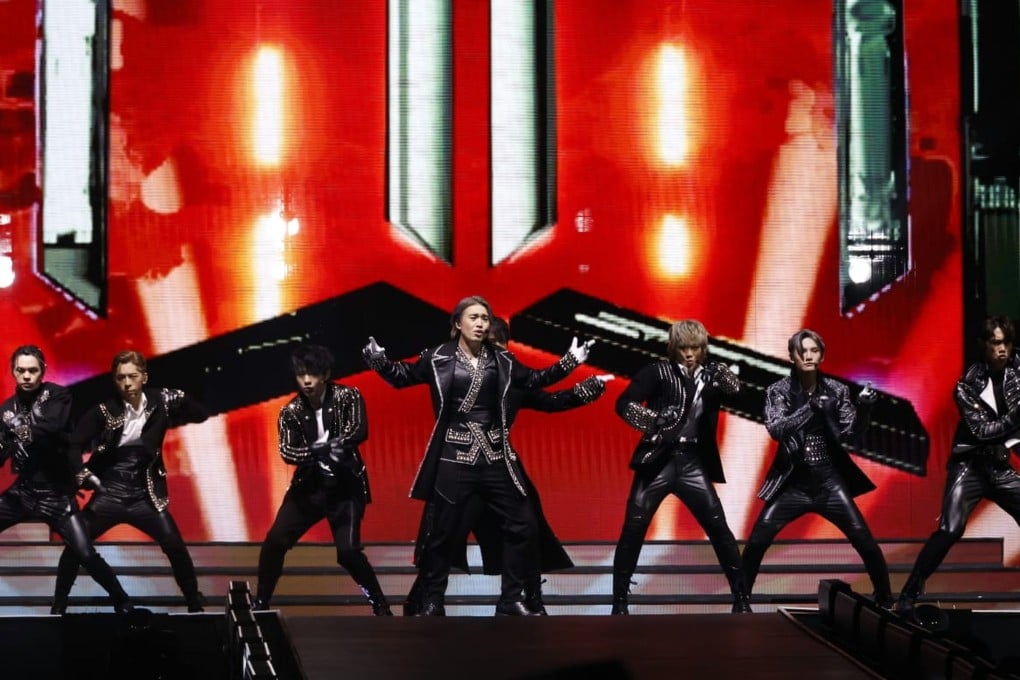Advertisement
Opinion | Hong Kong needs a cultural wave to match South Korea’s hallyu
- The global success of Korean bands such as Enhypen shows how much soft power can do for a city or country’s cultural and economic standing
- Hong Kong has the kind of authentic, home-grown culture the likes of Singapore can only dream of, and it’s high time to show it off to the world
Reading Time:3 minutes
Why you can trust SCMP
7

The time has come for a Hong Kong Cultural Wave, and we shouldn’t underestimate the positive impact this could have on the city’s global reputation.
Cities and nations successfully exporting their own art and culture in a sustained manner tend to develop a form of soft power. That term might carry a negative connotation for some people, but it is not a bad thing if we consider the phenomenon of hallyu, or the Korean Cultural Wave.
Soft power – a term popularised by American political scientist Joseph Nye – is an ability to influence others without using coercion. It means building influence through attraction and friendship rather than through fear and enmity, or one could say art, music and food rather than sanctions, bombs and guns.
Advertisement
The latter are considered elements of “hard power”. If every country has a right to influence global affairs, then surely soft power would be preferable to hard power.
Last month in Macau, we saw a clear example of how hallyu is enabling South Korea to exercise considerable soft power. K-pop boy band Enhypen played three sold-out concerts to a total of more than 32,000 people.
Advertisement
Enhypen’s current international tour started in Seoul in mid-2023 before moving on to Japan, the United States, Taiwan, Singapore, Macau and the Philippines. The adoring concertgoers in Macau included fans from mainland cities such as Shanghai and Nanjing.
Advertisement
Select Voice
Choose your listening speed
Get through articles 2x faster
1.25x
250 WPM
Slow
Average
Fast
1.25x
